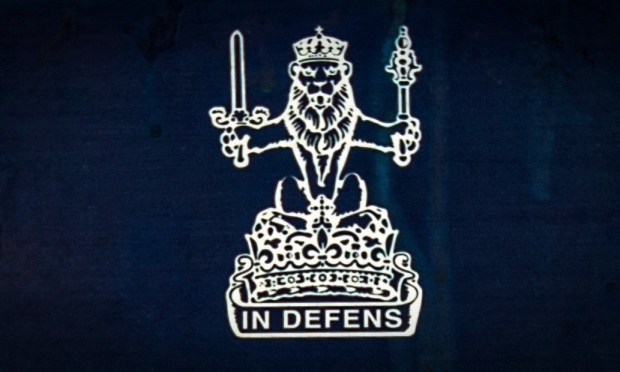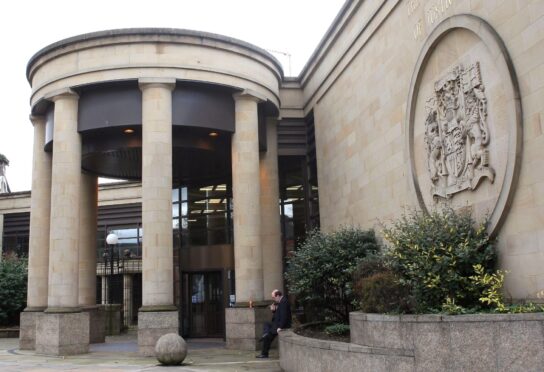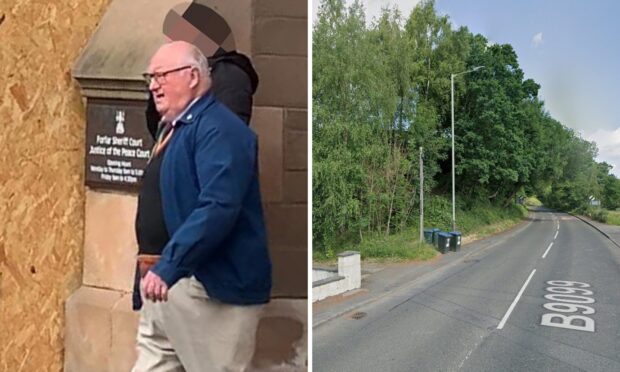A Fife sheriff has sparked serious concern after revealing he has “no faith” in a service designed to support victims of crime who are called to give evidence.
Sheriff Jamie Gilchrist QC did not hold back on his opinion of the Victim Information and Advice (VIA) service during proceedings relating to Aberdour man Robert Jennings, who denies using lewd, indecent and libidinous practices and behaviour towards young girls at Starley Hall School, Burntisland, more than 30 years ago.
While Jennings, who is now 76-years-old, maintained his innocence at the case’s latest hearing at Kirkcaldy Sheriff Court, Sheriff Gilchrist QC raised questions over the VIA service’s effectiveness after it emerged one of the alleged victims had highlighted reservations about giving evidence.
He said the service, which is a Crown Office and Procurator Fiscal Service (COPFS) provision designed to help child victims, victims of domestic abuse, hate crime and sexual crime, or where it is likely that a trial will involve a jury, appeared to have “little or no engagement” with victims and suggested it was not the first case where problems had arisen.
And he added: “I have no faith in VIAs – the whole operation makes little effort to address what victims actually need.
“The whole procedure is designed to assist witnesses to give evidence better – not designed to restrict their ability to give evidence.”
The issue came to light during discussions about one of the alleged victims who is currently lined up to give evidence and special measures which will need to be put in place at any trial.
Jennings denies charges
Jennings stands accused of assaulting a girl then aged 10 on an occasion between January 25, 1987, and January 24, 1988, while prosecutors also allege further incidents involving two other girls between January 4, 1984, and October 9, 1986, and February 14, 1986, and February 13, 1988.
During the latest hearing, fiscal Ronnie Hay told the court the woman has made it “very clear” she did not want to give evidence via a screen, suggesting that she would feel unable to concentrate when being asked questions.
“She has advised that she will not be able to cope knowing that the accused will be able to see her while she would not be able to see him,” the fiscal explained.
“The thought of that is making her physically sick.”
The prosecution has now asked for the special measures to be reviewed.
However, defence solicitor Iain McSporran QC said any changes could give rise to the risk of ‘dock identification’ of his client and has asked the courts for a ruling.
Sheriff Gilchrist QC said he will consider the issue before another hearing of the case on February 23, but it was suggested in court the witness appeared to have been told she had no choice – prompting the criticism of the VIA service.
A spokesperson for the Crown Office and Procurator Fiscal Service said: “The Crown is committed to working with justice sector partners to improve the experiences of victims and witnesses within the criminal justice system.
“COPFS understands how stressful and upsetting the court process can be for victims and therefore offers support and information through our Victim Information and Advice (VIA) service.
“This includes discussing any special measures that might help victims to give evidence.”










